Tree Planting
It all starts with a single seed. To date, we’ve planted nearly 1 BILLION trees.

100% of every tree we harvest is used—let us show you how.
Our foresters work with some of the most complex forests in the world. Since 1982, we have invested over $25 million in forest research to better understand our environment and the incredible natural resources that sustain the environment as well as the families and communities where we operate.
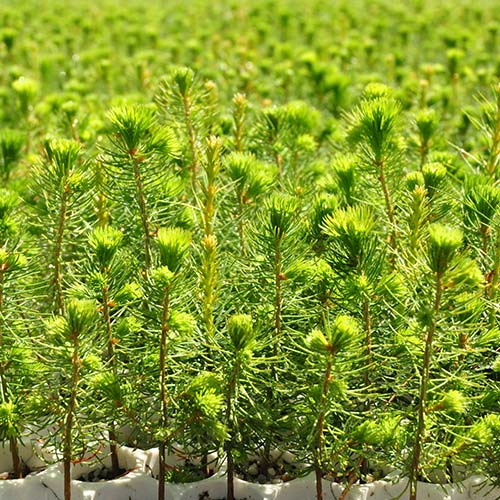
It all starts with a single seed. To date, we’ve planted nearly 1 BILLION trees.
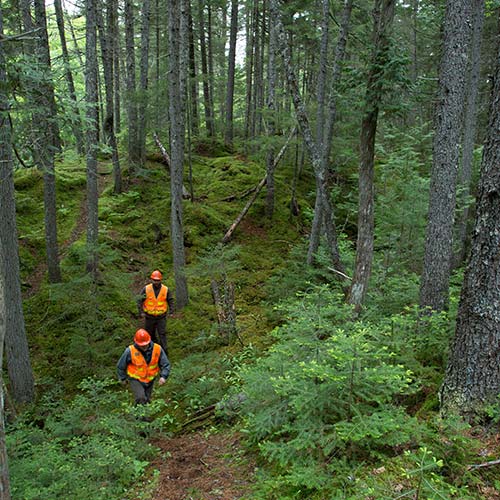
We grow more than we harvest. Less than 2% of our land base is harvested every year. And our 100 forest professionals ensure we’re always planning 80 years into the future.
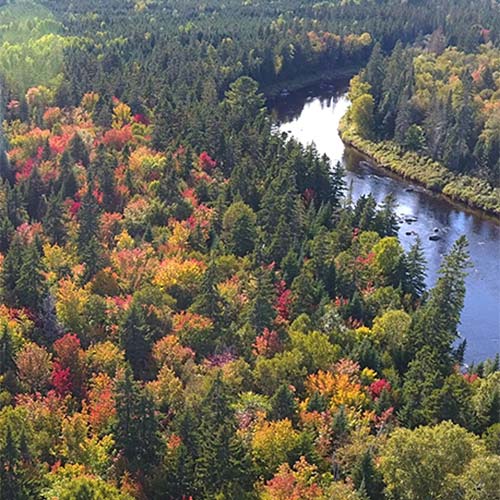
Since 1982, J.D. Irving, Limited has invested over $25 million in forest research. We partner with several universities and organizations each year to improve the sustainability of our operations.


Our sawmills are only the beginning—they are the primary source of wood fibre for our entire value chain of products. As a result, we have invested heavily in the best technology and practices to ensure we are able to use 100% of every tree.




Our Lake Utopia Corrugated Medium mill receives 60,000 truckloads of birch wood chips every year which are turned into 185,000 tonnes—as much as three cruise ships—of cardboard box material. This product is then shipped to customers across North and South America.
Pulp made in Saint John, New Brunswick is the anchor of our value chain. Wood chips from our sawmills and woodlands are also turned into softwood and hardwood kraft pulp which is used in paper and tissue products.
We produce quality paper for some of North America’s favourite magazines and brand catalogues.
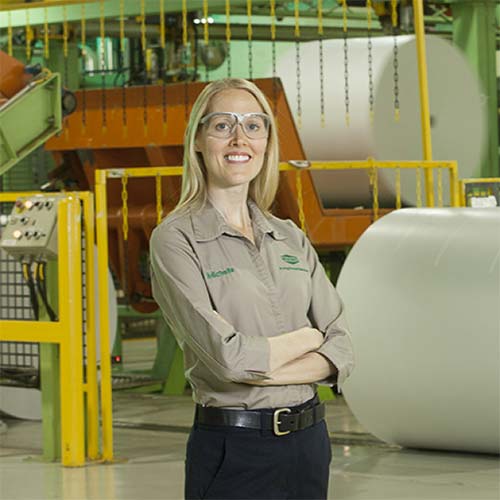
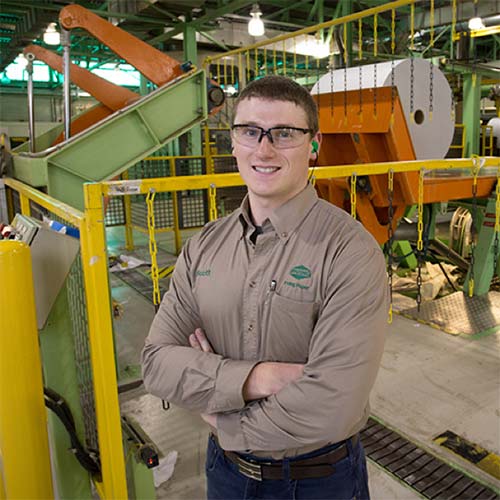
Softwood and maple pulp is turned into parent rolls of tissue at Irving Tissue in Saint John, New Brunswick. The parent rolls are then turned into consumer tissue for brands like Royale™, Majesta™ and Scotties™ (USA) at our converting plants in Dieppe, NB, Toronto, ON and Fort Edward, NY.
We purchase from over 1,700 local suppliers in more than 250 communities. Our sawmills, pulp mills, woodlands, and production facilities are located in the Maritimes, Ontario, Maine, and New York. We also purchase goods and services from over 3100 suppliers. In addition to providing employment, we are also proud sponsors of the communities where we live, work, and play.
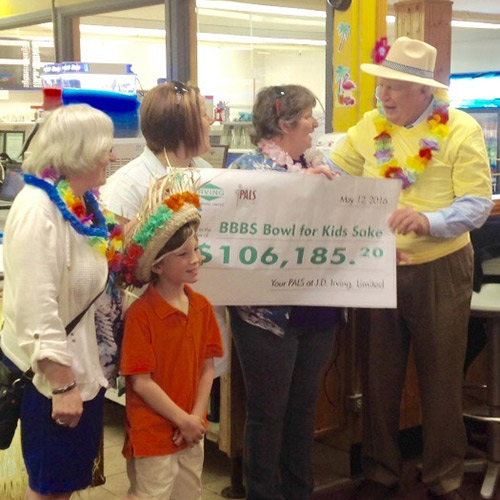
65,000 employee volunteer hours for the Partners Assisting Local Schools (PALS) program in New Brunswick.
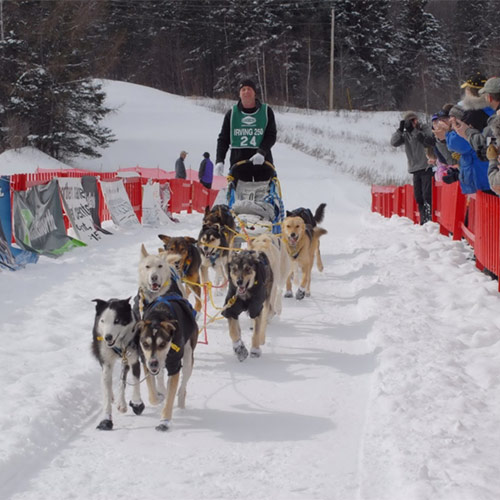
Proud supporter of the 250 mile Can-Am dogsled race in Maine.
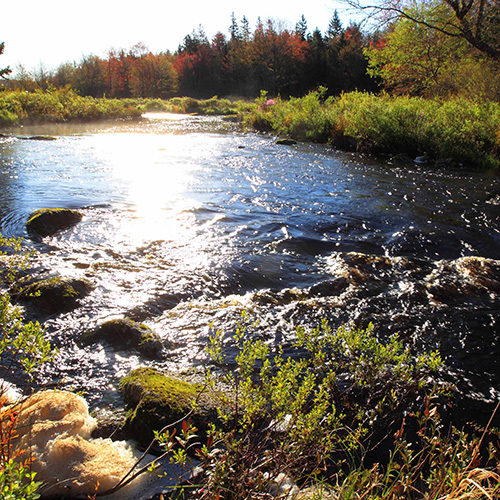
Largest private land donation in Nova Scotia history.